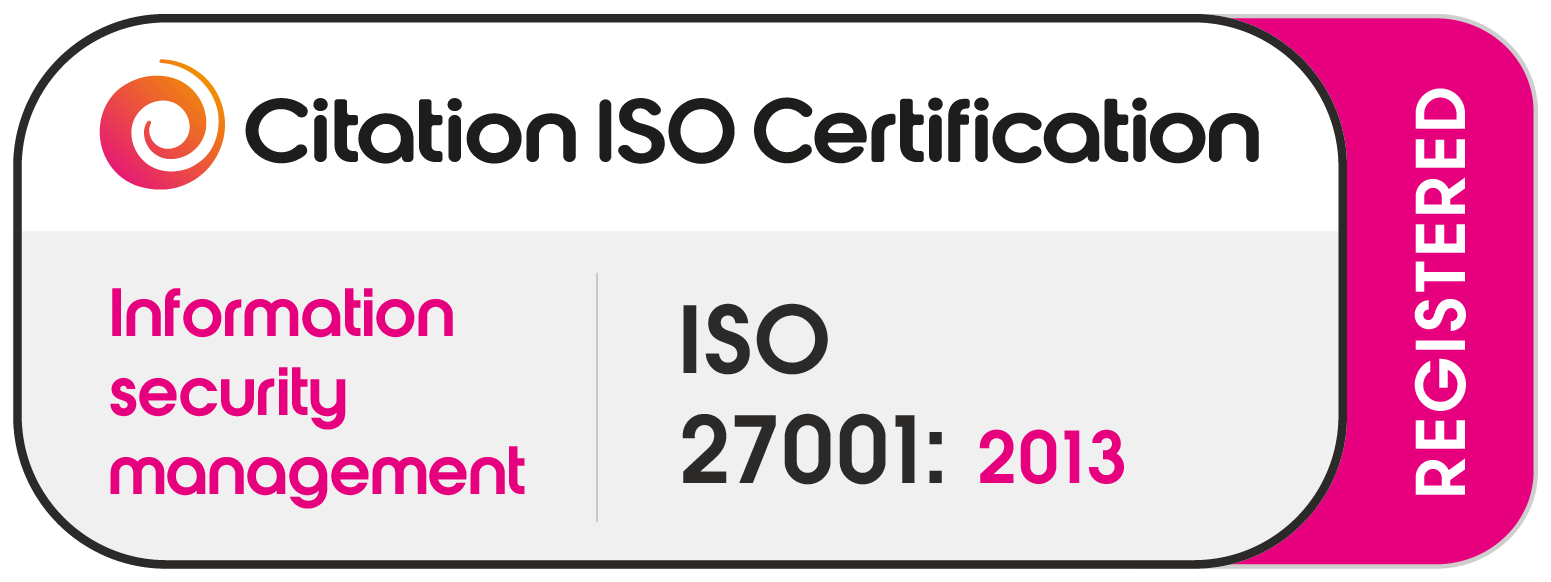Due Diligence is rife for digitisation. Currently, DD is a manual endeavour undertaken by teams of consultants. There are three concerns with this approach:
- Due Diligence is expensive. There is a need for experienced C-Level execs with industry and business scaling experience. Hence this all equates to time spent.
- A Due Diligence report is out of date as soon as it’s published. We must put caveats throughout our findings report to make one thing clear – things change. The information can be outdated within days of a published report, certainly in tech.
- The Due Diligence findings are lost or ignored after a deal completes. Once the pleasantries are over, and money is in the bank, the key findings are ignored. I know, as I’ve seen it.
Modern Due Diligence
So let me introduce both LENS. Management Consultants tend to work items in an organic way, which is fantastic, and very tailored to customers’ business needs. Yet, Technology Due Diligence can be systemised and digitised. In dong so, we open the door for artificial intelligence and automated information gathering and assessment.
We’ve systemised our methodology, which gives investors the confidence that we are thoroughly and fairly assessing technology teams and the technology they build.
Digitisation has many benefits.
- Namely, we can ensure that the assessment has been done very thoroughly and that it’s been done securely.
- We can also ensure that each target company gets the same amount of attention, that we’ve looked in every area and compared businesses fairly.
- And the last one is the beauty of turning a static PowerPoint report into a digital management platform. We’ve named this ‘PortfolioCRM’.
A digitised DD’s longer-term benefit is providing investors and their portfolio a platform to keep track of all the observations made and address them.
Using Psychology to improve Tech Team Culture and Productivity
My technology career has focused on the ‘people problem’ within tech. Whilst most of us focus on P&L and tech products, I am more interested in the people that create the tech.
I’ve been very interested in people since my mid-twenties when a few significant technology projects failed. The recurring theme was really the tech team wasn’t being given any assistance to develop their personal skills.
This has led to over a decade of combining off-the-shelf psychometric measuring tools with tech team coaching.
With the proper tooling, I realised it’s one of the most effective and cheapest ways to increase value creation within a portfolio firm. And I have seen the benefits during pre-deal Due Diligence and post-deal advisory work.
I have found through some experience that if we can spend more time on the people and not the tech, you’ll be able to generate more value.
It’s a simple strapline.
I’ve spent over a decade looking into different mechanisms to measure teams. And over the last five years, I’ve been a qualified and practising Kolbe consultant.
You may have heard of things like Myers Briggs and DISC, but this system suits technology staff as it’s quick, numbers-based and relatable. Kolbe focused on strengths, and I have seen it help teams in firms of all sizes.
I understand many of these assessment tools are introduced as an “HR initiative” and instantly forgotten. But I have worked with teams over many years, helping them address productivity issues and improve hiring.
But what if you could assess teams before an investment was made quickly and cost-effectively? Some future-thinking investors are already doing this with us. This has helped them understand why the firm has struggled to meet its aspirations and identify key hires or replacements before the deal has been completed.
Conclusion
To conclude, I wanted to outline two areas where I think Due Diligence needs to change and how we will adapt accordingly.
Finally, I will publish more information to give you examples of the value investors have had over the last five years and how I want to drive that going forwards into the following five and towards the end of the decade.







